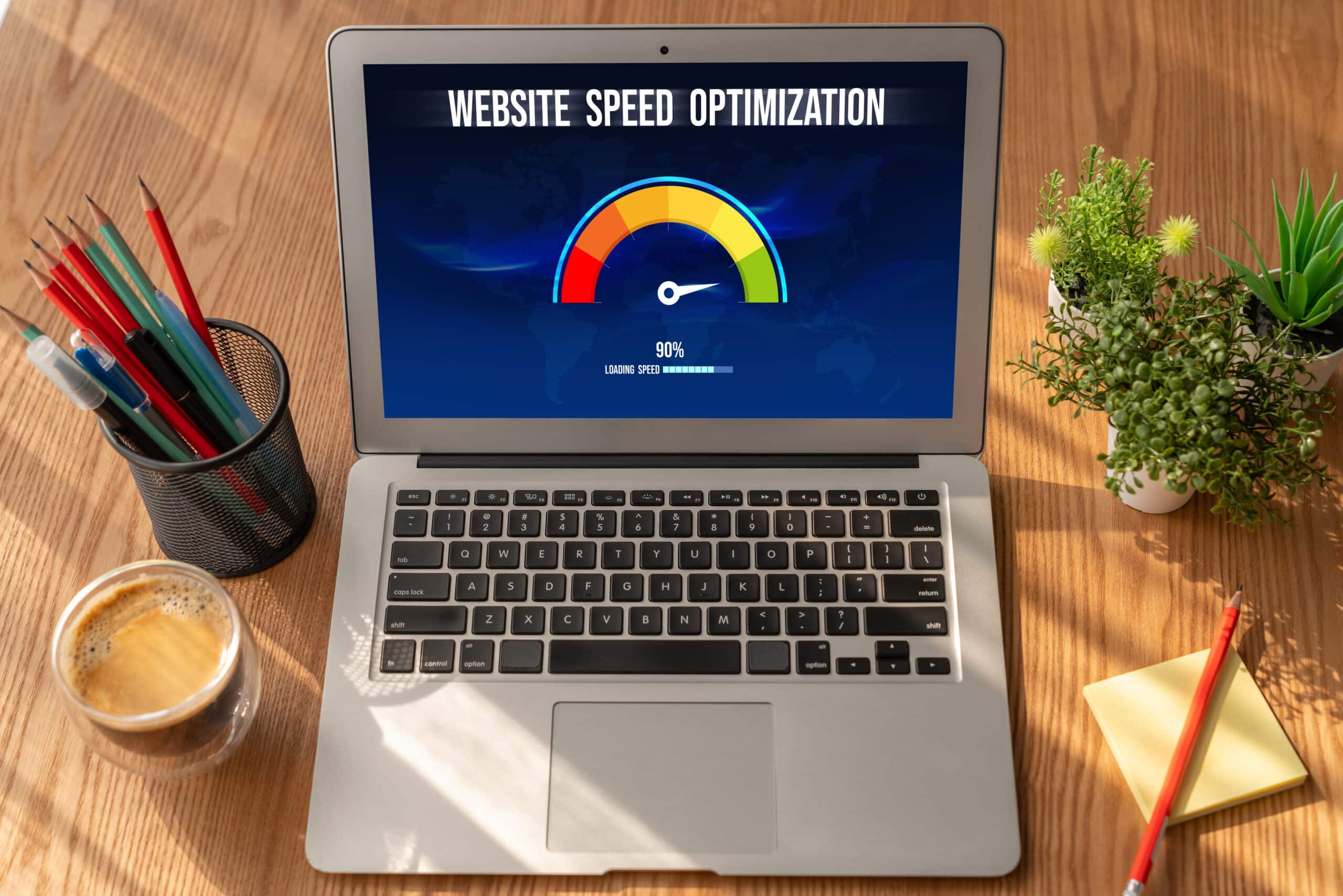
In today’s competitive digital space, website speed is no longer just a technical concern—it directly influences your SEO performance and conversion rates. If your WordPress website takes too long to load, you’re likely losing visitors, search engine rankings, and potential revenue.
In this blog, we’ll break down why speed matters, how it affects SEO and conversions, and practical steps to boost your WordPress website speed.
Website speed refers to how quickly your website loads when a user visits. Studies show that:
In short, a slow website frustrates users and gets penalized by search engines.
Google’s algorithm prioritizes websites that provide a better user experience—and speed is a major component.
Here’s how slow speed hurts your SEO:
To put it simply: faster websites get better rankings, more traffic, and higher visibility.
Beyond SEO, speed directly affects user behavior and business goals. If your website sells products, services, or collects leads, load time is critical.
A slow website leads to:
Example: Amazon found that every 100ms delay in page load time cost them 1% in sales.
Before you fix speed issues, measure them using these tools:
Run multiple tests and create a benchmark for improvement.
Here are the most effective ways to improve your site speed:
Avoid bloated themes packed with unnecessary features. Choose performance-optimized themes like:
Caching stores a version of your site so it loads faster for repeat visitors. Best caching plugins:
Large images are the top reason for slow load times. Use:
Also, use modern formats like WebP for better compression.
Your hosting provider significantly affects your speed. Use:
Avoid shared hosting if you’re running a high-traffic or e-commerce site.
A CDN distributes your content across global servers, making access faster for users worldwide.
Reducing file size improves load time. Plugins like Autoptimize or WP Rocket can do this easily.
Too many plugins can slow your site. Use only what’s necessary and ensure each is well-coded and updated.
Lazy loading ensures images and videos load only when they appear on the user’s screen, saving bandwidth.
In 2025 and beyond, WordPress website speed isn’t optional—it’s essential. A slow site means poor SEO performance, low conversions, and a damaged reputation. But the good news is, with the right tools and practices, boosting your site speed is entirely achievable.
Start with a speed audit, implement the improvements listed above, and monitor results consistently. The payoff? Higher rankings, happier users, and better business results.
Need help speeding up your WordPress website? Let a professional WordPress developer handle the technical work while you focus on growing your business.